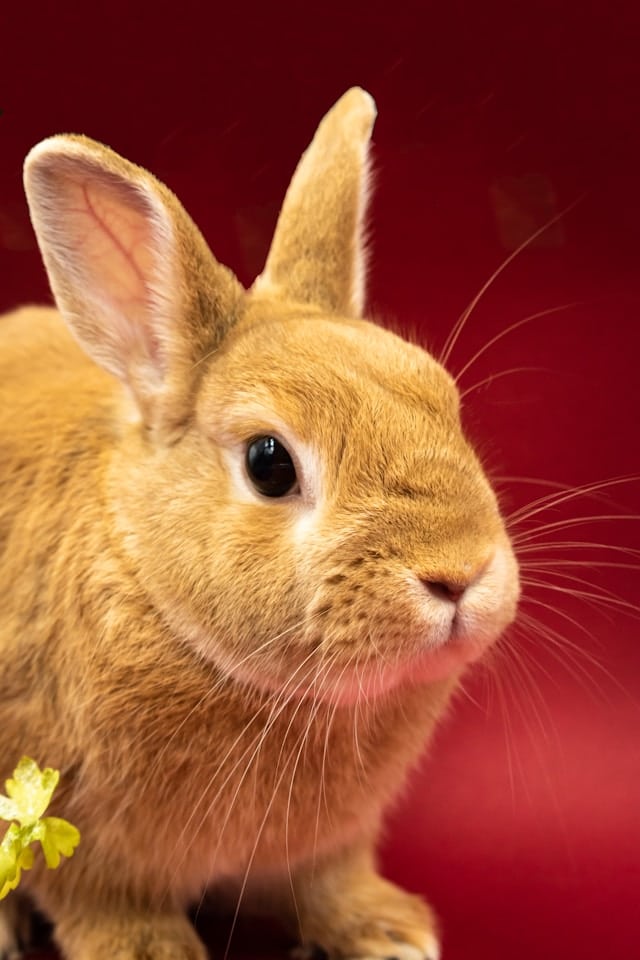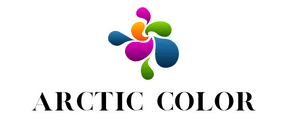How to Optimize Vitamin D Levels in Indoor Rabbits?

Rabbits, often perceived as cuddly, soft, and cute creatures, are increasingly becoming popular as indoor pets. Nevertheless, keeping your fluffy friends indoors requires a great deal of responsibility. One such obligation is ensuring they receive adequate Vitamin D, an essential nutrient for their overall health. As indoor rabbits don’t get enough natural sunlight exposure, a critical source of Vitamin D, they are at risk of developing deficiencies. How, then, can you optimize the Vitamin D levels in indoor rabbits? Let’s delve into this topic in detail.
Understanding the Importance of Vitamin D in Rabbits
Before discussing how to enhance your rabbit’s Vitamin D levels, it’s essential to understand why this nutrient is vital for your pet’s health. Vitamin D plays a crucial role in the absorption of calcium and phosphorus from the food your rabbit consumes.
A lire en complément : How to Create a Tailored Exercise Plan for an Overweight Maine Coon Cat?
Vitamin D deficiency can lead to several health issues. A low level of Vitamin D results in poor bone health, causing conditions such as rickets in young rabbits and osteomalacia or softening of the bones in adults. Additionally, deficiency of this vitamin may weaken your pet’s immune system, leaving it susceptible to various illnesses.
UVB Radiation: The Natural Source of Vitamin D
Under natural conditions, rabbits, like humans, synthesize Vitamin D3 through their skin’s exposure to UVB radiation from sunlight. When UVB rays interact with the skin, it triggers the conversion of a chemical in the skin into D3. This Vitamin D3 enters the bloodstream and is transported to the liver and kidneys, where it’s converted into its active form – calcitriol.
A lire en complément : What Are the Critical Signs of Heatstroke in Himalayan Rabbits During Summer?
However, indoor rabbits may not have adequate exposure to natural sunlight, leading to potential Vitamin D deficiency. According to scholars, even though your rabbit may be near a window, glass and plastic filters out most of the UVB radiation. This means your pet is still not getting the necessary UVB exposure for Vitamin D synthesis.
Providing Vitamin D Through Diet
While sunlight is the best source of Vitamin D, it’s not the only one. You can ensure your rabbit gets the required amount of this essential vitamin through its diet. Certain foods are rich in Vitamin D, and incorporating these into your rabbit’s diet can help maintain its Vitamin D levels.
Hay, a staple in a rabbit’s diet, can provide a small amount of Vitamin D. However, the concentrations are not high enough to meet your pet’s daily requirements. Commercial rabbit food fortified with Vitamin D is available, and feeding your rabbit a balanced diet, including this enriched food, can help maintain Vitamin D levels.
Research on Google and crossref reveals other sources of Vitamin D suitable for rabbits. Some of these include alfalfa, certain seeds like flaxseeds, and oily fish like salmon. However, it’s important to remember that these should be given in moderation as part of a balanced diet.
Supplementing with Vitamin D
If your pet is not getting enough Vitamin D from sunlight and diet, supplementation may be necessary. Commercially available Vitamin D supplements can help maintain adequate serum Vitamin D levels in your pet.
However, it’s important to note that too much Vitamin D can be toxic to rabbits. High levels can lead to hypercalcemia, a condition characterized by increased calcium levels in the blood, causing various health issues. Therefore, always consult a vet before starting any supplement regimen for your rabbit.
Incorporating UVB Lighting
While incorporating Vitamin D rich food and supplements may help, providing a source of UVB light indoors can offer a more natural method to ensure your rabbit gets the vital nutrient. Several pet supply stores offer UVB lamps designed for indoor use.
Installing a UVB lamp in your pet’s living area can stimulate the natural production of Vitamin D. It’s essential to note that the lamp should be placed at an appropriate distance from the rabbit, and exposure should be regulated to mimic natural conditions as closely as possible.
Indoor rabbits bring a great deal of joy and companionship. With the right care and attention to their health, including maintaining optimal Vitamin D levels, you can ensure your furry friends thrive in their indoor habitat. Remember, when in doubt, always consult a vet or a rabbit care expert. This is not just about adding supplements or changing the diet; it’s about making the life of your dear pet as comfortable and as healthy as possible. The love you give to your pet will be returned manifold through their affection and their healthier, happier lives.
Understanding the Vitamin D Dietary Needs of Rabbits
It’s crucial to comprehend the specific dietary needs of pet rabbits, particularly regarding Vitamin D intake, to maintain their health. Domestic rabbits, be they indoor or outdoor, require a certain level of Vitamin D in their diet. According to Google Scholar, the optimal dietary concentration of Vitamin D required by rabbits is around 1000 IU/kg of diet. However, the actual concentration varies depending on various factors including the rabbit’s age, size, and overall health.
A healthy, balanced diet for a rabbit includes hay, fresh greens, and a small portion of pellets. While hay provides fiber and aids in digestion, the other components of the diet, including greens and pellets, play a role in supplying essential vitamins and minerals, including Vitamin D. According to a rabbits study, hay, which forms the bulk of a rabbit’s diet, only provides about 500 IU/kg of Vitamin D. This is less than the optimal required amount. Hence, it’s crucial to supplement their diet with additional sources of Vitamin D.
It’s worth noting that Vitamin D is a fat-soluble vitamin. This means it’s stored in the body’s fat tissues and isn’t excreted as easily as water-soluble vitamins. Hence, it’s possible for rabbits to have too much Vitamin D, leading to adverse effects such as hypercalcemia. Therefore, it’s important to strike the right balance to prevent both deficiency and oversupply of Vitamin D.
Monitoring and Managing Vitamin D Levels in Rabbits
Regular monitoring of your rabbit’s Vitamin D levels is essential to prevent health issues like vitamin deficiency, dental disease, and weakened immunity. Conducting routine check-ups and blood tests can help assess serum hydroxyvitamin concentrations and evaluate the effectiveness of diet or UVB exposure in maintaining optimal Vitamin D levels.
If your rabbit is diagnosed with a Vitamin D deficiency, your vet may recommend changes in diet, UVB lighting, or supplementation. While changing the diet and introducing UVB light exposure can help, in some cases, supplementation may be necessary. However, this should be undertaken only under the guidance of a vet, considering factors like age, health status, and the severity of the deficiency. In juvenile rabbits, which are more prone to rickets, careful monitoring and prompt intervention are particularly crucial.
In contrast, if there is an oversupply of Vitamin D, causing conditions like hypercalcemia, immediate steps need to be taken to lower the Vitamin D intake. This could involve modifying the diet or adjusting the UVB light exposure. Captive rabbits, guinea pigs, and other pets that aren’t exposed to natural sunlight often require a specially formulated diet or UVB lighting to balance their Vitamin D levels.
Conclusion
Optimizing Vitamin D levels in indoor rabbits is a multi-faceted task that requires understanding the importance of this essential nutrient, recognizing the natural and dietary sources, and being aware of the possible consequences of both deficiency and oversupply. UVB radiation, a balanced diet, and, if necessary, supplementation are all tools that can ensure the well-being of your pet rabbits. Regular monitoring and prompt intervention can help manage any adverse effects and maintain the health of your rabbits.
Remember, an informed and responsible pet owner can significantly impact the health and happiness of their pet. Like all pets, rabbits will thrive with the right care and attention, and your commitment to their health will be rewarded with their affection and companionship. Whether it’s about calcium metabolism, vitamin supplementation, or the use of UVB lighting, always act with your pet’s best interest in mind. After all, the goal is to create a comfortable, healthy, and happy environment for your indoor rabbits.
